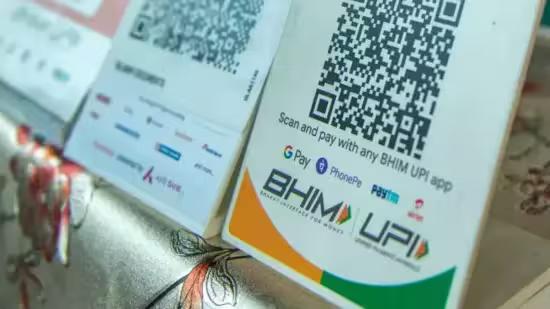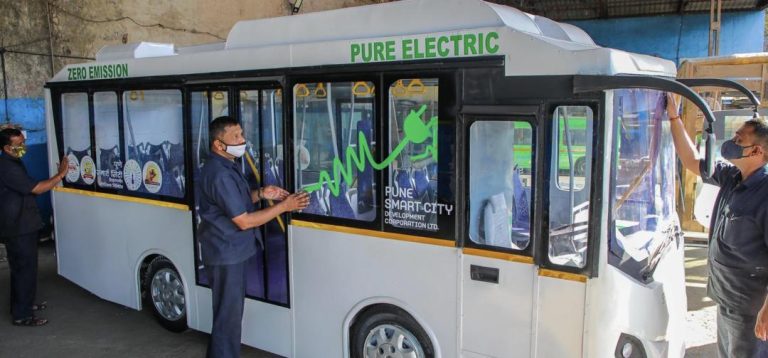
Trinidad & Tobago becomes the first Caribbean nation to adopt UPI
In a significant move towards digital payment revolution, Trinidad and Tobago has become the first Caribbean country to adopt Unified Payments Interface (UPI), India’s flagship digital payment platform. This milestone was achieved during Prime Minister Narendra Modi’s two-day official visit to the Caribbean nation. The adoption of UPI in Trinidad and Tobago is a testament to the growing partnership between India and the Caribbean region, with a focus on leveraging India’s digital payment expertise.
UPI is a real-time payment system developed by the National Payments Corporation of India (NPCI), which enables users to send and receive money instantly. With UPI, users can make transactions using their mobile phones, without the need for physical cards or cash. The system uses a unique Virtual Payment Address (VPA) for identification, making transactions secure and seamless.
The adoption of UPI in Trinidad and Tobago is a significant development for the country, which has been working towards increasing the adoption of digital payments. The country’s central bank, the Central Bank of Trinidad and Tobago, has been promoting the use of digital payments as a means to reduce the reliance on cash and increase financial inclusion.
The partnership between India and Trinidad and Tobago is not limited to UPI alone. The two countries have agreed to explore further collaboration in the implementation of India Stack solutions, including DigiLocker, e-Sign, and Government e-Marketplace (GeM). DigiLocker is a digital locker service that allows users to store and access their official documents, such as driving licenses and Aadhaar cards, digitally. e-Sign is an electronic signature service that enables users to sign documents digitally. GeM is an e-commerce platform that allows government buyers to purchase goods and services from verified suppliers.
The partnership between India and Trinidad and Tobago is a significant development for the Caribbean region, which has been facing challenges in terms of financial inclusion and digital payment adoption. The region has been working towards increasing the adoption of digital payments, but progress has been slow due to limited infrastructure and lack of standardization.
The adoption of UPI in Trinidad and Tobago is expected to have a positive impact on the country’s economy, particularly in the areas of financial inclusion and digital payment adoption. UPI is expected to increase financial inclusion by providing access to financial services for millions of people who do not have access to traditional banking services. UPI is also expected to reduce the cost of transactions, making it more convenient for consumers and businesses.
The partnership between India and Trinidad and Tobago is also expected to have a positive impact on the country’s economy in terms of trade and commerce. UPI is expected to increase trade between the two countries, particularly in the areas of goods and services. The platform is also expected to facilitate cross-border transactions, making it easier for businesses to operate internationally.
In conclusion, the adoption of UPI in Trinidad and Tobago is a significant development for the Caribbean region and a testament to the growing partnership between India and the region. The platform is expected to increase financial inclusion, reduce the cost of transactions, and increase trade and commerce between the two countries. As the world becomes increasingly digital, the adoption of UPI in Trinidad and Tobago is a step in the right direction towards a cashless society.
Source:





